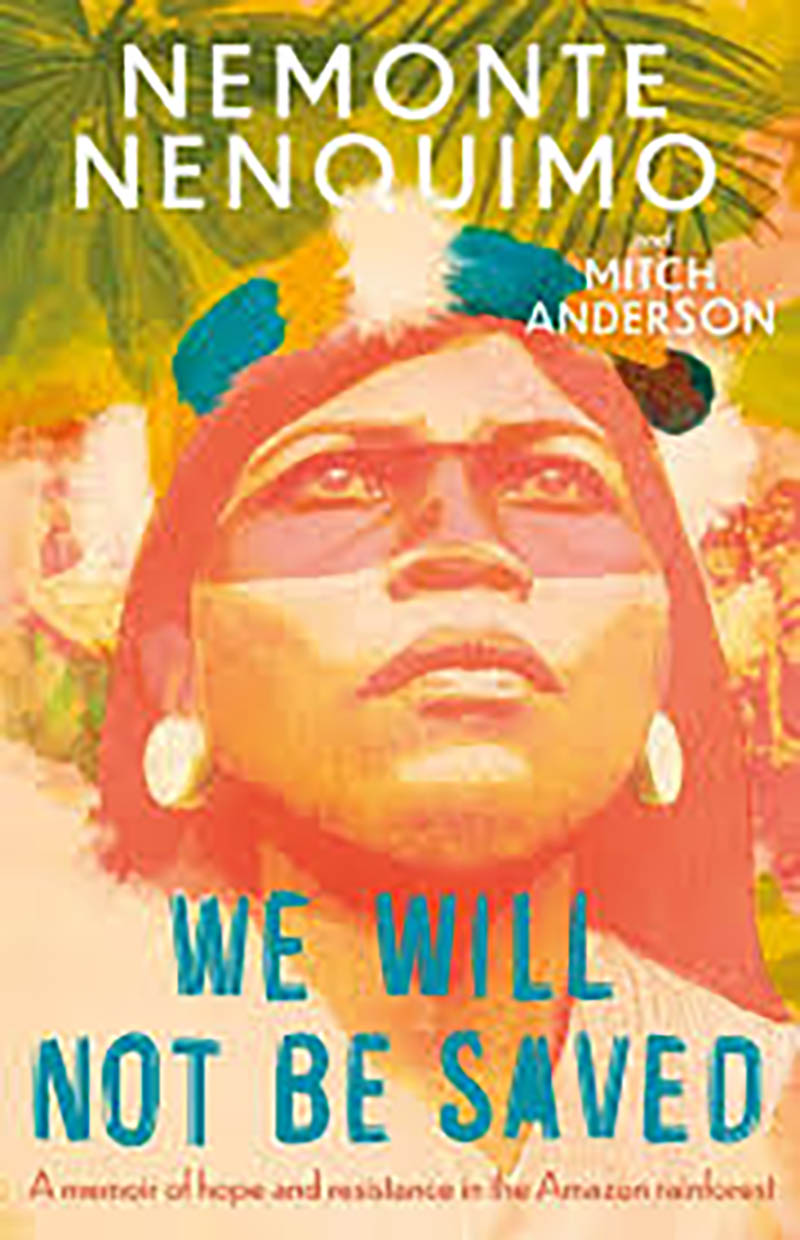As a child, I often heard the elders in my community say that the less you know about something, the easier it is to destroy it. I wondered what it was that I didn’t understand, and what was in danger because of what I didn’t know. It would take me years to realise that they were talking about us, our forest, our way of life, that we are the ones constantly on the verge of being destroyed by those who don’t understand us.
I am a Waorani Indigenous woman from the Ecuadorian Amazon rainforest. My life, my language, my culture and people and the territory that gives us life are all under threat.
Illegal miners want to poison our rivers and blow up our hillsides to leach gold dust from rocks. Illegal loggers want to build roads into our forests and cut down the trees. The Ecuadorian government and multinational oil companies want to drill deep into our lands and pump out every last drop of oil, the blood of our ancestors, killing the land and the rivers and everything that depends on them, including us, in the process.
And the urban, industrialised world wants to continue buying and selling their comforts and conveniences, pumping carbon dioxide into the atmosphere, heating up the planet, and pushing the entire Amazon – as well as other vulnerable regions – to a point of no return.
Get the latest news and insight into how the Big Issue magazine is made by signing up for the Inside Big Issue newsletter
I see these dangers everywhere and recall the words of my elders. The miners, loggers, oil barons and beneficiaries of hyper consumerism must be completely ignorant of what life is like in the Amazon rainforest – the most biodiverse place on Earth and the world’s largest terrestrial carbon sink – and of what people like me and the hundreds of other Indigenous cultures in the Amazon are like. That must be why it is so easy for them to destroy what gives us life.










